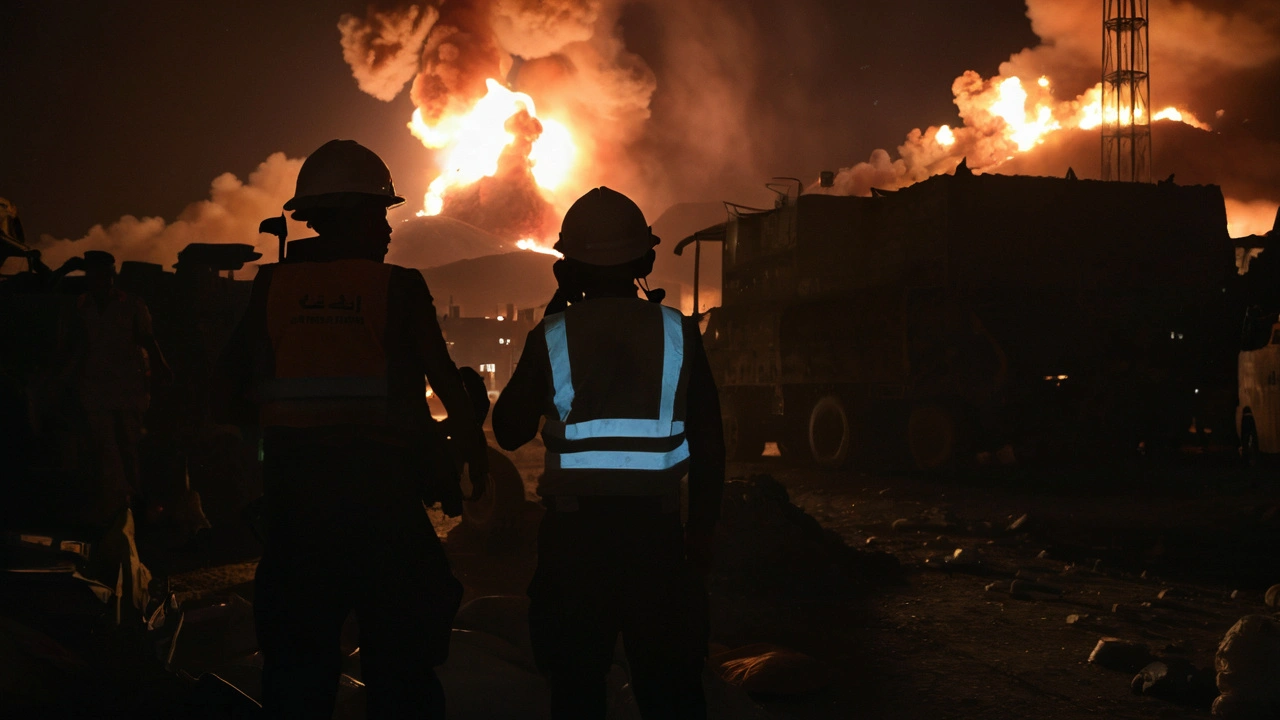Houthi militia: what they are and why it matters
The Houthi militia is an armed movement based in northern Yemen that has shaped regional politics for years. They began as a local group, grew into a major force in Yemen, and now control large parts of the country, including the capital, Sanaa. If you follow news about the Red Sea, Yemen, or Middle East tensions, the Houthis often appear in the headlines.
Who they are and where they operate
Originating from the Zaidi Shia community, the Houthis are formally called Ansar Allah. They rose to prominence after repeated clashes with Yemen’s government and later seized Sanaa in 2014–2015. Their power is strongest in northern Yemen, but their military reach extends to ports, coastal areas, and key roads. That control affects humanitarian access, trade routes, and daily life for millions inside Yemen.
The group is often linked in reporting to Iran, which analysts say provides some weapons, training, or political support. Those ties are described widely in international coverage, and they help explain why regional powers treat the Houthis as a strategic player rather than only a local rebel group.
Recent actions and regional impact
In recent years the Houthis have used missiles, drones, and naval tactics to strike targets beyond Yemen’s borders. Attacks on shipping in the Red Sea and strikes inside Saudi Arabia and the UAE raised insurance costs, delayed cargo, and forced naval escorts in busy trade lanes. These actions matter to global trade because the Red Sea links Europe and Asia through the Suez Canal — disruptions there push up shipping times and fuel prices.
The conflict also worsens Yemen’s humanitarian crisis. Fighting, blockades, and reduced aid access have left millions needing food, medicine, and shelter. Civilian infrastructure — hospitals, water systems, schools — often bears the brunt of the violence. International agencies keep warning about famine risks and outbreaks of disease tied to the instability.
So what should you watch for next? Look for changes in three areas: battlefield shifts inside Yemen, maritime security incidents in the Red Sea, and diplomatic moves by regional powers (Saudi Arabia, UAE, Iran). Ceasefire agreements or new peace talks can quickly change the outlook, but so can sudden escalations tied to outside interventions or attacks.
Where to get reliable updates: follow major international outlets, UN and ICRC briefings, and reputable regional analysts. Social media can break news fast, but verify with trusted sources before sharing. If you need to track shipping or travel risks, check maritime security advisories from national coast guards or commercial risk firms.
Knowing the basics about the Houthi militia helps you understand bigger stories about trade, regional diplomacy, and humanitarian crises. Keep an eye on verified reports and official briefings to separate facts from speculation as events unfold.
- July 22, 2024
- Comments 9
- World News

